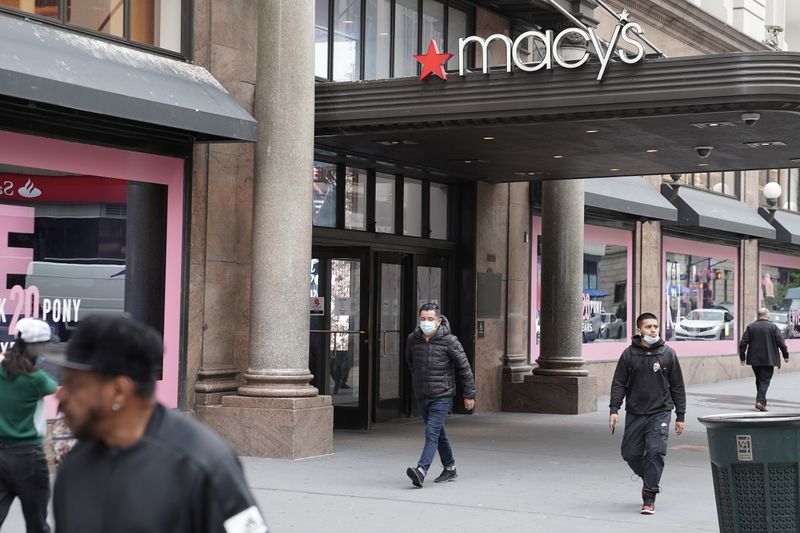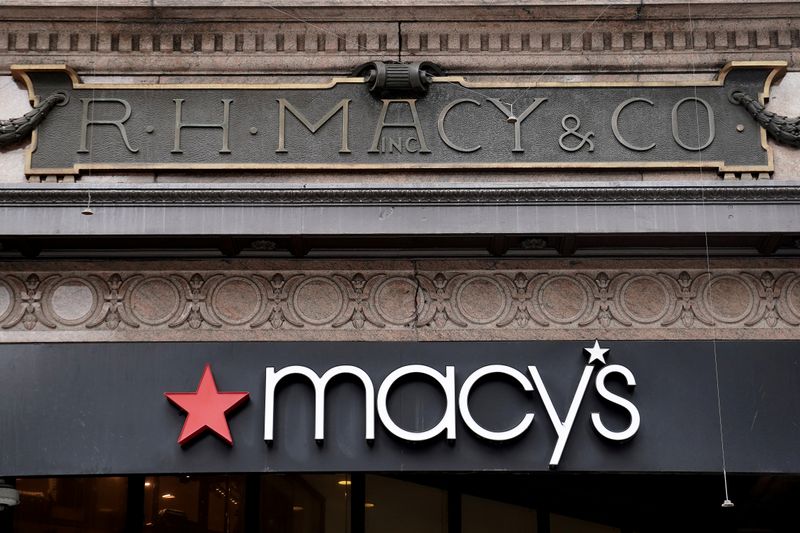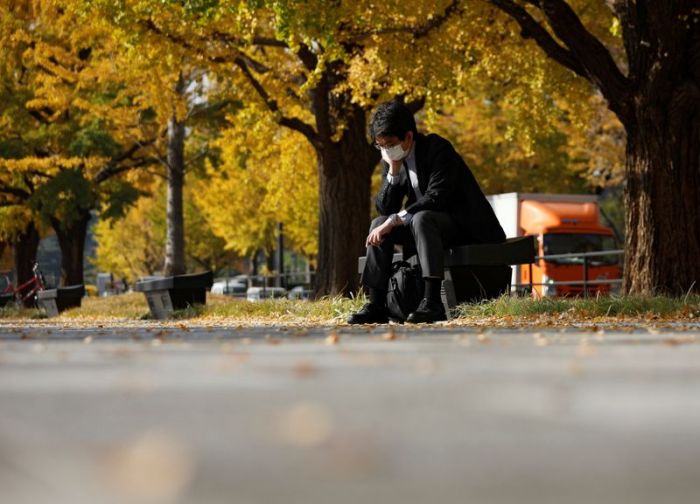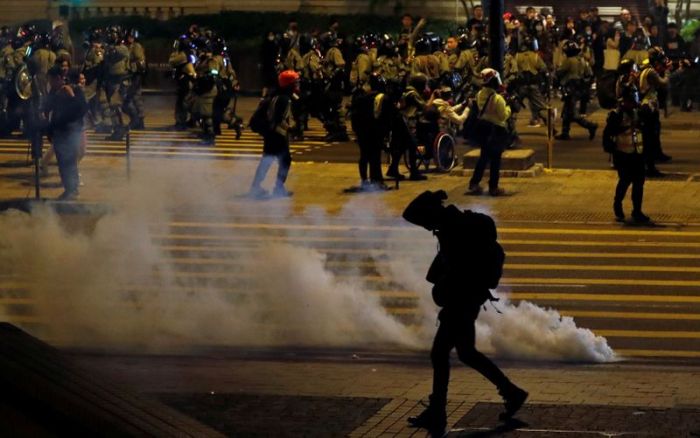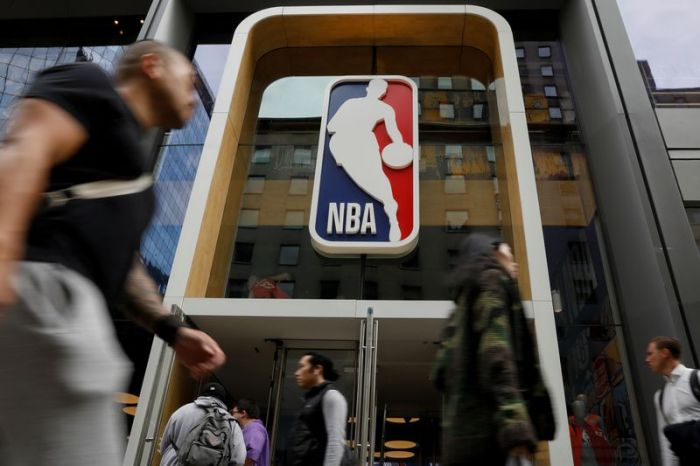(Reuters) – Macy’s Inc <M.N> reported a more than 20% drop in quarterly comparable sales on Thursday and said it expects declines of that magnitude to continue in the fall, signaling a tough holiday season for the coronavirus-battered department store chain.
Macy’s Chief Executive Officer Jeff Gennette said in a statement the company was keeping an eye on a new wave of COVID-19 cases across the United States and the potential impact on its business.
The country has been regularly recording over 100,000 daily COVID-19 infections over the last two weeks, raising fears that the spiking numbers will keep people away from already sales-distressed retail stores heading into the holidays.
Macy’s said it expects comparable sales of owned and licensed stores to fall by a low- to mid-20s percentage in the fall season. It also said holiday surcharges will lead to higher delivery expenses that will weigh on the fourth quarter.
Increased investments in its fulfillment offerings, such as curbside store pickup and same-day delivery, executives said, would help Macy’s during the holiday season, which accounts for a huge chunk – roughly 20% – of annual sales for retailers.
“Looking to Holiday 2020, we know this year is different,” CEO Gennette said. “We have the right gifting assortment with newness from value to luxury, and our expanded fulfillment options allow customers to shop safely and conveniently, in store or online.”
To attract new customers and retain existing ones, Macy’s said it added new, exclusive products as consumers shift what they spend on and how they spend it, in particular online. Categories including loungewear, home decor, fine jewelry, and fragrances have been performing well, Macy’s said.
Gennette said he was optimistic about COVID-19 vaccines, and expects demand for occasion-based apparel, such as formal gowns and prom dresses, “to surge” when people get back to their normal lives.
“We’ve gotten our inventories down in those dressier categories, but we will ramp that up very quickly with all of our partners and our private brands as the vaccination becomes more apparent,” he said on a call with analysts.
Craig Johnson of Customer Growth Partners said Macy’s sales drop lagged the department store sector but noted that the company is beginning to see the light of day with store traffic pickup in late October through November as the holidays approach.
The retailer’s shares were up marginally at $9.02 in morning trading. Its stock has lost nearly half its value in a tumultuous year in which it has had to lay off thousands of workers and suffer through plunging sales due to outlet closures and, distressingly, no international tourism.
Big box retailers like Walmart and Target <TGT.N>, on the other hand, have seen sales soar during the pandemic, clocking record high online sales as Americans opt to make fewer trips and load up on daily essential items like toilet paper and cleaning wipes.
Macy’s net sales fell in the third quarter ended Oct. 31 to $3.99 billion from $5.17 billion a year earlier but beat analysts’ estimates of $3.86 billion, according to IBES data from Refinitiv.
The company posted an adjusted net loss of $60 million, or 19 cents per share, compared with earnings of $21 million, or 7 cents per share, a year earlier.
Analysts had expected a loss of 79 cents per share.
(Reporting by Uday Sampath in Bengaluru and Melissa Fares in New York; Editing by Maju Samuel and Steve Orlofsky)

